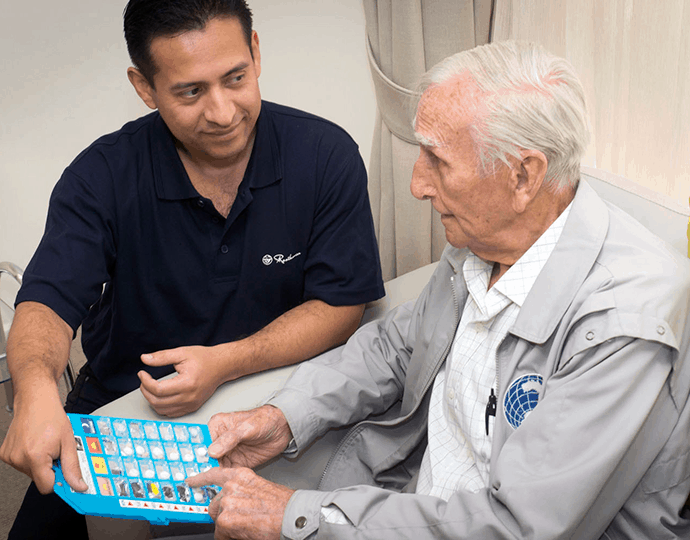Multiple medication use ‘no impact on quality of life’
 Results of a new study into multiple medication use are now available. The research, conducted by Monash University, the University of Sydney, University of South Australia, was funded by Resthaven.
Results of a new study into multiple medication use are now available. The research, conducted by Monash University, the University of Sydney, University of South Australia, was funded by Resthaven.
Adding to previous research into multiple medication use in aged care, the findings of ‘Polypharmacy and medication regimen complexity as factors associated with staff informant rated quality of life in residents of aged care facilities: a cross-sectional study’ will soon be published.
‘The results we found were interesting,’ says Tina Cooper, Executive Manager, Residential Services.
‘The study expands on the previous findings of ‘Polypharmacy and Medication Regimen Complexity as Risk Factors for Hospitalization Among Residents of Long-Term Care Facilities’, which showed a link between multiple medication use and higher rates of hospitalisation, to identify which clinical and demographic factors are associated with multiple medication use, and whether it is associated with quality of life.’
‘Despite proof that polypharmacy—the use of nine or more medications—had an 89 per cent higher risk of hospitalisation over a 12 month period compared to those without polypharmacy, it was not associated with either a higher or lower quality of life.’
‘Findings also showed that certain clinical diagnoses—diabetes, respiratory illness, heart failure and those with high care needs—were at high risk of polypharmacy. In contrast, residents with dementia were at a lower risk.’
‘This is important, because it indicates that specific medication classes may impact change in quality of life over time.’
‘Resthaven is committed to furthering this research to enable residents and the community to benefit from what we learn.’
Read more about the multiple medication and hospitalisation study
